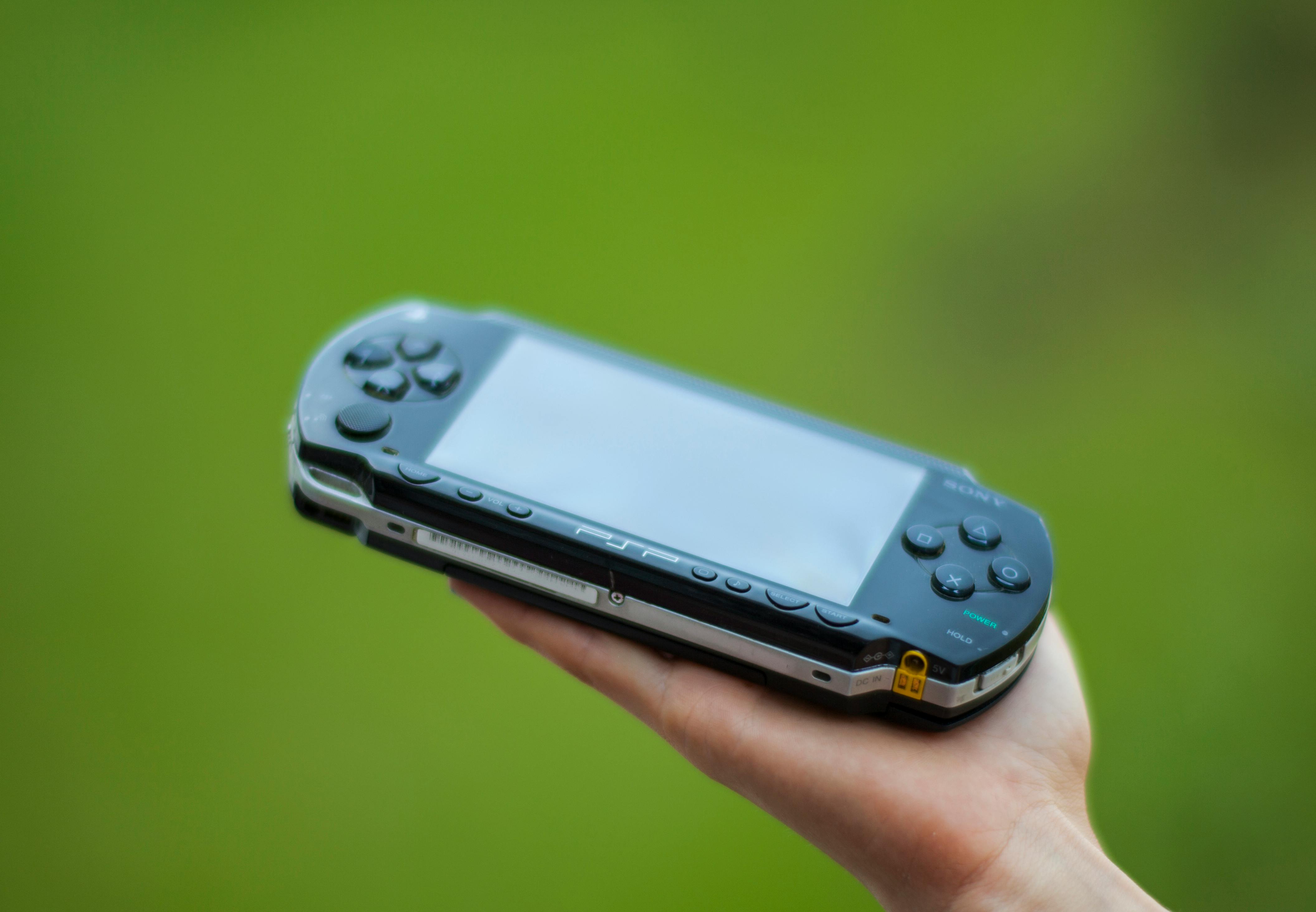Louis Theroux – Transgender Children – BBC2
If you haven’t seen Louis Theroux’s Transgender Kids documentary aired on BBC2 on Sunday 5th April, I highly recommend you take the chance to watch it now on BBC iPlayer. I realize it may not be an option for anyone outside of the UK, but hopefully, as the show explores transgender children in California, it will become available elsewhere, maybe even on YouTube.
There are now an increasing number of documentaries on this topic and in my transgender awareness workshops I continue to use excerpts from the 2007 Barbara Walters ABC documentary – My Secret Self. That, luckily, is still freely available on YouTube. Unfortunately, in the past, UK produced documentaries have not been well produced and are often insensitive to issues such as appropriate pronouns. However, Transgender Kids is excellent.
Louis Theroux approaches the subject very sensitively, and in particular gives transgender children a lot of room to express themselves without too much direction. Granted, to me the show had too much emphasis on surgery and that’s a big problem that needs to be addressed. In the UK, there are an estimated 300,000 to 500,000 gender non-conforming people, but fewer than 5,000 have applied for a gender recognition certificate to change their legal gender, and only around 15,000 have sought support. clinical. So the vast majority of trans people either remain secret or have found a way to deal with their gender issues without medical or surgical treatment.
Sadly, it is clear that many of the trans people remain secret out of fear. Charity PACE reported in a four-year study last year that nearly 50% of transgender children had attempted suicide compared to about 6% of all 16-24 year olds. Research in the US in 2007 shows that children who do not have parental support are 4 times more likely to attempt suicide than those who do. I hope that parents of transgender children who see this documentary will clearly see the value of supporting their children.
One of the key issues addressed on the show was that of age. Is a five year old old enough to make decisions that will impact the rest of their lives? Reading a series of comments in a Guardian article about the programme, it’s clear that it’s still a big problem for people, but what’s also clear is that most people just don’t understand how young people are treated. and, worse, most of the commenters were referring to the journalist’s much less detailed article and had not actually seen the show itself.
The first important point to understand is that transgender children do not undergo hormonal or surgical treatments until they reach puberty. As we saw on the show, there are varying degrees of “Gender Dysphoria,” which is the underlying condition in which a person experiences persistent discomfort or distress due to a feeling that there is a mismatch between their biological sex and their gender identity. gender. We still don’t know exactly what causes this, but there is increasing evidence that it is the result of hormonal imbalances during fetal development.
Although the UK is not as far along in dealing with transgender children as the US, there is a dedicated Gender Identity Service for all gender non-conforming children at the Tavistock and Portman Clinic in London and Leeds, You will begin treatment at the onset of puberty. This treatment consists of administering hormone blockers that suspend puberty. That means that children will not experience the immediate irreversible effects of puberty, which are known to be the main trigger for suicidal actions. Hormone blockers do not cause permanent changes. If the child discontinues treatment, she will continue normal pubertal development.
But then it allows time for a full psychiatric evaluation to take place and for the child to continue living in their acquired gender until they are ready to begin permanent cross-gender hormone treatment around age 14 and surgery around age 14. 16, if that’s possible. the correct course of treatment. As we saw in the documentary, not all transgender children want full gender reassignment.
I particularly liked Louis’ final comment. “The choice to transition carries the possibility of social rejection and a lifetime of commitment to medication, but it is also the opportunity to exercise the most fundamental right we have: the right to be ourselves. In the end, the hardest part of challenge can be knowing who we really are.
Right now it seems like the only choice we have is a rigid “male or female” binary despite mounting evidence that there are actually many different possibilities. What we need is a more fluid approach to gender and language that allows us more choice. For me, the most interesting kid on the show was Cole/Crystal, who lives as a man and a woman depending on how he feels today.
